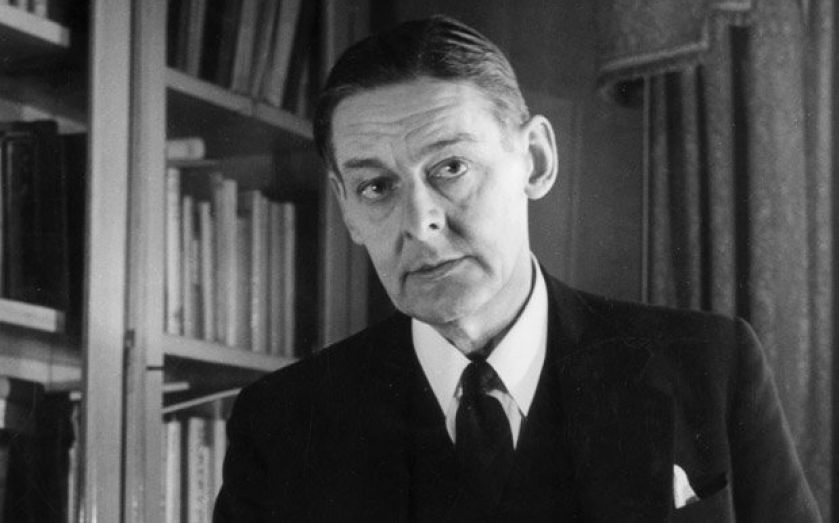Welcome to the banker-poets: Why creativity thrives in financial services

Why should I let the toad work/ Squat on my life?” With the summer holiday season upon us, it’s easy, even in a hardworking and ambitious place like the City, for the mind to turn to the pleasures of life outside the office. But Philip Larkin’s bitter question shouldn’t get the better of us for long. There’s an irony, after all, in a poem that complains about the livelihood that allowed the poet to write it. And as Larkin admits later in the poem, it is not the job so much as the toad of his own personal fears that keeps him from a freer but less financially secure life.
The relationship between office work and creative life is illuminated by several brilliant studies of literary figures who also worked in financial services produced by actuary and author Daniel Skwire. In the popular mind, the two worlds may seem irreconcilable but reality disagrees. Beyond the enthusiastic artistic patronage that has always flowed from the sector, including Aurum investment management’s recent sponsorship of the TS Eliot prize, a number of hugely talented individuals have made the best of both worlds.
Eliot, himself both a banker and a great poet, provides an instructive case. Refusing Larkin’s daydream, he was satisfied by his day job at Lloyds and refused to give it up for a life on the charity of his friends. That story chimes with one of the biographies explored by Skwire, that of the poet Wallace Stevens, who combined serving his muse with a successful career as an insurance executive. Stevens investigated surety claims for Hartford Accident and Indemnity with great skill and dedication. Even at the age of 75, he actually turned down a one-year professorship at Harvard in favour of keeping his job at Hartford. For Stevens, his office work supported his poetry not just through its financial security but its very regularity. As he said in an interview for Time, “It gives a man character as a poet to have this daily contact with a job”.
Not all the writers with one foot in finance have found it so congenial. Charles Lamb, who clerked in the City for 33 years on Leadenhall Street, referred to the pot of red ink on his desk as “clerk’s blood”. Yet his great essays ended with his retirement. As his alter ego Elia says, “I missed my old chains, forsooth, as if they had been some necessary part of my apparel.”
Skwire similarly notes the equivocal relationship of Franz Kafka with his insurance job. Kafka often railed against it (though it only required him to work six hours a day), but the author of Metamorphosis also worried when his writing hampered his work and his protagonists are often dedicated employees. Faced with the incomprehensible machinery of fate, work with its mix of discomfort and discipline is a touchstone for those fighting to hold on to order. Like the metre that tames inspiration into verse, the office too can be a servant of the muses.